After concentrating support on companies that were forced to flee, EU initiatives are increasingly working to rebuild the country’s start-up ecosystem
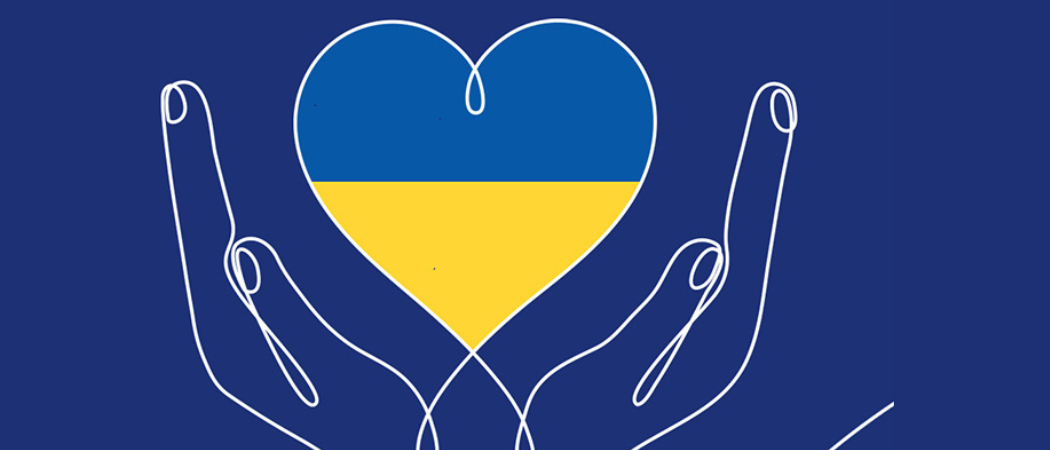
Photo: European Institute of Innovation and Technology
As start-ups that fled the war in Ukraine become increasingly integrated in their new home countries across Europe, attention is switching to supporting those that remained behind and to companies starting up despite the hostilities. A new community hub opened in Kyiv last month by the European Institute of Innovation and Technology (EIT) is the latest attempt to bolster the Ukrainian start-up ecosystem as the war grinds on.
“One of the strengths of the EIT community is that you can tap into our vast network, offering everything from partners and new talent, to test beds and market access, while staying in your own country,” said Luke Incorvaja, the EIT innovation officer overseeing the launch of the hub in Ukraine. “So, we are offering Ukrainians the opportunity to grow and prosper while staying in Ukraine.”
The hub will be a single point of contact for all of EIT’s Knowledge and Innovation Communities (KICs), which help with innovation, education and business. Its expertise will also be available to local and regional authorities and other stakeholders.
“Through this office, we will be rolling out awareness raising and outreach activities, but also tailored support for Ukrainian innovators,” said Incorvaja. “And in the future, in post-conflict Ukraine, this office will spearhead our contribution to reconstruction efforts.”
In addition, it is hoped the hub will help develop national contact points for Horizon Europe in Ukraine. That work is also on the agenda of the Horizon Europe office in Kyiv, which was formally opened in December at the National Research Foundation of Ukraine, to raise awareness of opportunities for Ukrainian participation in EU research and innovation projects.
December also saw the first call under Seeds of Bravery, EIC’s action for Ukraine which will provide grants up to €10,000 to purchase up to two months of business consultancy services that will support Ukrainian tech start-ups to upgrade their business model, business plan, or growth strategy. This will be followed by calls supporting entrepreneurship, deep tech incubation and scale-up with awards up to €500,000.
Phases of support
EIT’s support for Ukraine has gone through three phases since the invasion of February 2022. The first was helping people survive, for example through supplying medical equipment. The next priority was support for start-up founders who fled Ukraine, to help them continue their work in new locations. The most recent phase is opening up EIT programmes to applications from Ukraine.
More than 50 support initiatives are available now to Ukrainian stakeholders. “The role of the hub is to help us engage with them, to attract a growing number of participants into the EIT community, and consequently to boost the innovation capacity of Ukraine,” said Incorvaja.
As one example, Girls Go Circular, a programme linked to the circular economy for women aged 14-19 years, is now available in Ukrainian. Following on from this, EIT Jumpstarter supports people embarking on the early stages of starting up.
The response has been strong, with 20% of all Jumpstarter applicants in 2023 coming from Ukraine, after a pre-Jumpstarter programme helped Ukrainian teams get ready to apply.
“We aimed to support 16 start-ups through the pre-Jumpstarter and we got 150 applications,” said Incorvaja. “I think this shows that what we are offering to Ukraine is of interest to local stakeholders, and that we can make a difference there.”
Following company formation, Ukrainian founders can access accelerator programmes provided by the EIT, with four reaching this stage in 2023. “All of these start-ups are extremely promising, and all of them have already garnered interest from the KICs to support them further though accelerator programmes,” said Incorvaja.
For established companies there are initiatives such as the Red Kalyna Award, which recognises Ukrainian women innovators and their contribution to local communities.
Fine tuning
With the help of an advisory group of Ukrainian stakeholders, the EIT hub intends to develop further support initiatives that respond to differing needs around the country. “They will provide us with concrete proposals,” said Incorvaja. “We can very quickly draw up new initiatives to support Ukraine, widen existing initiatives, and continuously assess what we are doing and fine tune accordingly.”
Start-ups in Kyiv, where the infrastructure is still quite strong, face a different set of challenges to those in the east of the country, where there has been widespread destruction, Incorvaja noted. “The situation is different again in the west of the country, where there has been less violence, but people may be less connected to the capital.”
One EIT programme, Infrabooster, which helps organisations with under-used research infrastructure to find new clients, will be opened up to Ukraine from this year. “It will help infrastructure owners in Ukraine make the best use of their resources, and try to marry the needs of start-ups in Ukraine with research infrastructure that is already present.”
Ukrainian diaspora
The Ukraine hub is part of the EIT’s Regional Innovation Scheme, which targets support to countries rated modest or emerging innovators on European Innovation Scoreboard. As such, start-ups formed by the now extensive Ukrainian diaspora are not strictly speaking its concern.
“Nationality doesn’t make a difference for us. If someone is based in Poland and they plan to create a start-up in Poland, then for us that would be a Polish start-up,“ said Incorvaja.
However, the refugee community should also not lose out on the chance for additional support. The question is how that can be achieved within the rules. “We are keeping these people very much in mind, and looking at ways we might be able to support Ukrainians, even if they are based somewhere that technically means our support is not available to them.”
While stopping the brain drain from Ukraine is very much part of the project, reversing it is not an explicit aim. “It’s not up to us to attract people back to Ukraine,” Incorvaja said. “But the offer that we are giving Ukrainians who have remained in Ukraine is equally there for those who wish to return.”
Elsewhere in the Ecosystem…
- Lithuanian medical device company Sentante closed a €6 million seed round, led by Practica Capital and including a contribution from the European Innovation Council. The company will use the money to stage a first clinical trial of its tele-operated robotic system for endovascular procedures in diseases such as stroke, heart attack, and peripheral artery disease.
- The European Court of Auditors has announced an investigation into EU support for the semiconductor industry. In particular, it will ask whether the EU’s industrial policy is effective in strengthening the bloc’s strategic autonomy in this area. The audit is expected to report at the beginning of 2025.
- The EU’s Health Emergency Preparedness and Response (HERA) initiative is to expand HERA Invest, a fund launched in 2023 to support SMEs developing medical countermeasures. The fund has made no investments to date, but the European Commission says a number of potential candidates are in the pipeline, and the first investments should be made public in the coming months.
- Mogu, a Milan-based start-up developing textiles and other materials from fungal mycelia, has raised €11 million in a series A round led by CDP Venture Capital. The money will help the company build a demonstration plant, accelerate R&D and expand its team. Founded in 2015, Mogu will now change its name to SQIM.
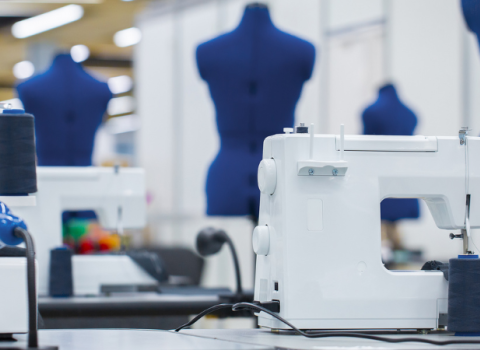
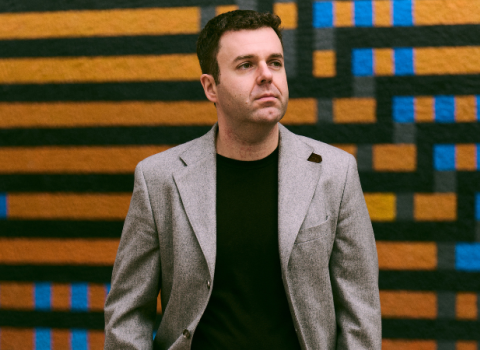
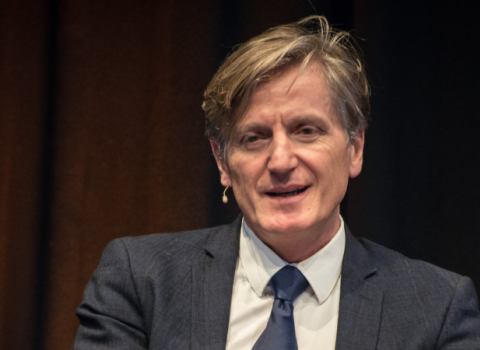
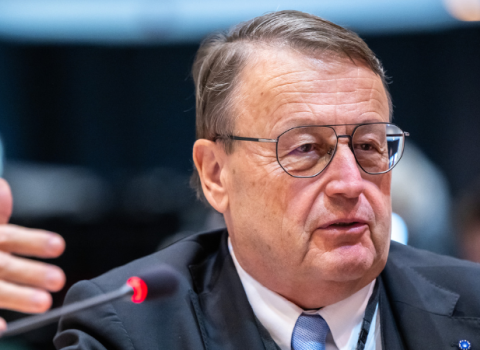

 A unique international forum for public research organisations and companies to connect their external engagement with strategic interests around their R&D system.
A unique international forum for public research organisations and companies to connect their external engagement with strategic interests around their R&D system.